D2C Ecommerce App Development: A Step-By-Step Guide For Business Owners

Lokesh Kumar
Feb 19, 2025
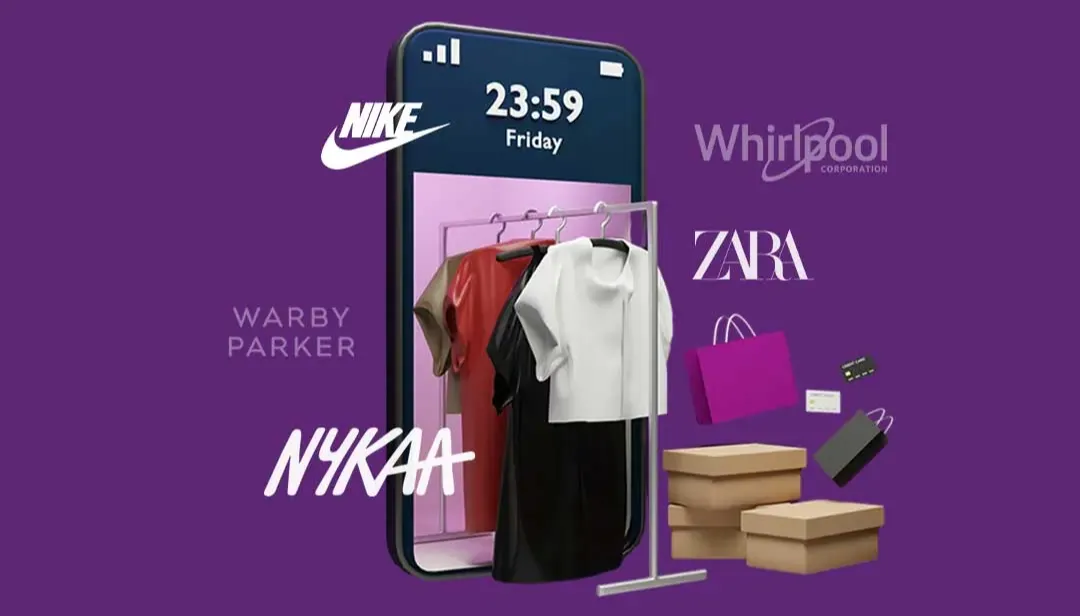
Have you heard the term "cutting the middleman out"? Yes, almost all brands are focusing on this strategy to reach their targeted audience directly. The standard term for this is selling directly to customers, and that is D2C e-commerce. This model helps companies or brands sell their products directly to buyers instead of using traditional retail channels.
Brands like Nike, Zara, and others have their own eCommerce apps to offer a wide range of products to their customers. Closely looking at the figures, the D2C eCommerce app development is on the verge. Experts predict that the direct-to-customers eCommerce market will rise to $242.48 billion by 2034, surpassing the current market size of $191.62 billion in 2025.
As a business owner, or D2C eCommerce platform can help you have a stronger connection and relationship with your customers.
Wondering How to build a D2C eCommerce App? Here we have created a guide for you that’ll take you through everything you need to know about D2C eCommerce development.
Let’s start with the blog.
Exploring the Benefits of the D2C eCommerce App
The prime benefits of the direct to consumer ecommerce app are that there is no role of the middleman, and the brands deal directly with the customers through an e-commerce app. Apart from the removal of mediators, D2C e-commerce application development offers multiple advantages, such as:

-
Stronger Customer Relationships
The D2C e-commerce app allows direct communication with customers through email, social media, or live chat. This empowers businesses to provide on-time support, address customer issues, and foster stronger relationships.
-
Personalized Experience
An e-commerce app is the best to collect the customers' data for strategic analysis, so D2C eCommerce apps are no different. Using customer data, brands can personalize experiences for their consumers.
-
Higher Profit Margins
The sole objective of any eCommerce business is a high profit margin. The D2C eCommerce model suits it. It curbs middleman commissions and overhead costs of sales networks and generates high revenue by directly selling the goods to the customers.
-
Brand Control
D2C eCommerce mobile apps offer complete control over the brand image. Like, a business can craft compelling strategies to convey its brand message to the customers and enhance its brand image.
-
Data-Driven Insights
Data plays an important role in boosting business and its profit. The D2C eCommerce app development empowers businesses to have direct access to consumers’ data, like order history, purchasing patterns, and behavior. This data can help you tailor your marketing efforts.
-
Faster Product Launch
In the D2C business model, there are no role mediators. For example, you don’t need to rely on distributors and retailers to stock the product. Once you have the new product available, you can directly launch it on your platform and sell it to the customers.
-
Global Reach
With the D2C ecommerce model, it is easy to reach global customers through digital channels and expand market reach overseas.
Shopify Vs Custom E-commerce App Development
An eCommerce app decides the impression of a brand on customers and business success too. So, it would help if you chose the right platform or technology for the success of your D2C app like Zara. Some crucial aspects that you need to look for while selecting the platform are ease of use, flexibility, scalability, and customization. The top options available are Shopify and custom eCommerce app development. Let’s go deeper about these options.
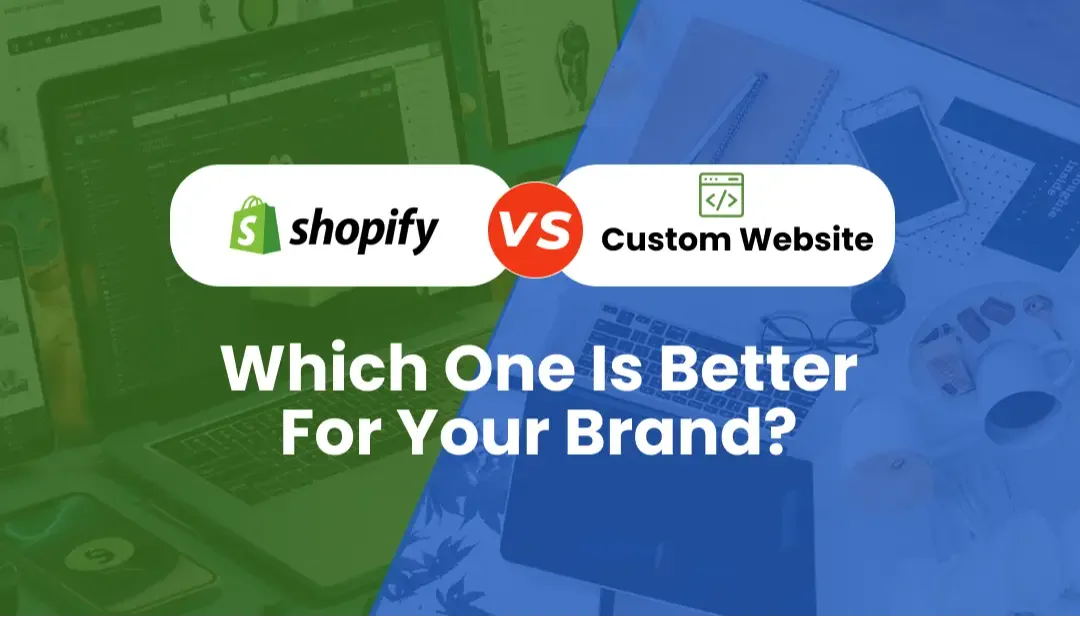
Shopify E-commerce App Development
Don’t be surprised if someone says that there are 4.79 million Shopify stores worldwide, and in the USA only there are 2.71 million Shopify stores. The Shopify eCommerce app development is one of the top choices of global brands, retailers, and entrepreneurs. Many of the top brands using Shopify are Gymshark, Red Bull, Tesla, and others.
Still, there are also certain challenges associated with Shopify development. But first, let’s take a look at its pros.
Pros of Shopify E-commerce Development
- Easy to set up
-
Secure and reliable
-
Customizable themes
-
User-friendly interface
-
Robust app store
-
Scalability
Cons of Shopify for Business
- Monthly subscription fee: $39 to $399/month
-
Only allow for limited customization
-
Limited content marketing support
-
No email hosting
Although the choice is yours, custom eCommerce app development is an even better option compared to Shopify, as it allows you to tailor your eCommerce app to align with your specific business needs.
Custom E-commerce App Solution
The allows businesses to craft their app with 360 degrees of freedom to meet their business goals. You can address your unique needs easily with it, from implementing an intuitive user interface to integrating third-party apps and integrations.
Pros of Bespoke E-commerce App Development
- Tailored user experience
-
Seamless third-party integrations
-
Unlimited customization
-
Appealing app interface
-
Complete ownership and control
Cons of Custom E-commerce Mobile App Development
-
Significantly high investment
-
Integration costs
-
Requires expertise
-
Maintenance and support costs
Bespoke eCommerce app development is the best option for all types of businesses, from startups to large-scale. With this, you can offer a more personalized experience to your customers compared to using pre-built solutions.
Here, some readers might have a question like, What are the features to consider for a custom D2C eCommerce app development? So, let’s continue to the next section of this blog that’ll take you through all the crucial features.
Key Features of a D2C eCommerce App
D2C eCommerce apps and websites need essential features to ensure they operate seamlessly and excel in the competitive online market. Discover essential features to enhance your D2C eCommerce website:
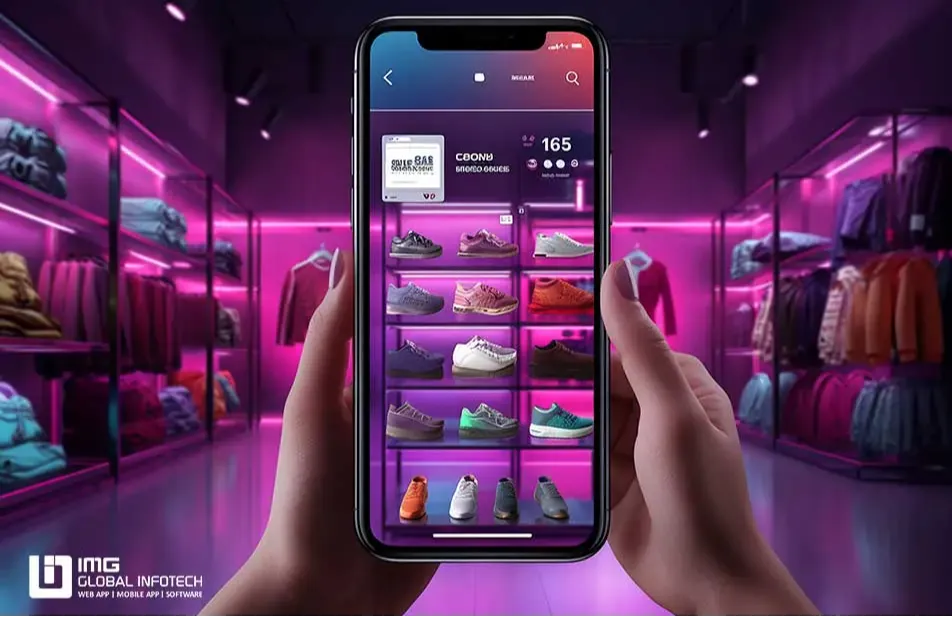
-
Effortless Login & Signup
Allow your customers easy sign-up and login through their email, phone, or social media ID.
-
Intuitive Interface
While using a brand’s app, customers interact with its interface, which must be intuitive and offer seamless navigation to the variety of sections existing within the app.
-
Product Filtering and Sorting
The product filtering and sorting options help customers to reach the right product that they have searched for purchase. It makes customer's journeys seamless.
-
Product Gallery
This feature creates an enjoyable shopping experience for customers where they can experience the products from different angles through images.
-
Secure Payments
The biggest concern of an end user is payment security and safety of financial information. So, integrate secure payment gateways so, the users can transact without a doubt and with safety for their purchase.
-
AI-Powered Recommendations
Predominately, advanced apps have one common feature, which is AI-powered recommendations that recommend the products based on users' preferences, interests, and demographics. Consider it one of the advantageous features to be included.
-
Try Before You Buy
The try-before-you-buy feature utilizes AR (augmented reality) technology that allows users to try the product virtually before they buy. It helps in making better purchasing decisions. An app like IKEA is one of the best examples of it.
-
Shopping Cart and Checkout
A seamless checkout experience is crucial for driving conversions. Incorporate essential eCommerce app features like guest checkout, saved payment information, and others to streamline the purchasing experience, ultimately minimizing cart abandonment.
-
Order Tracking
Create a streamlined system that enables users to monitor their orders from purchase to delivery, effectively minimizing the volume of customer service inquiries related to lost orders.
-
Order Summary
Provide a brief order summary to your customers before navigating them to the payment options. It reduces the risk of returns and refunds.
-
Wishlist
A wishlist significantly increases the chances of future purchases.Customers can utilize it to save their preferences without adding them to the cart and purchasing later.
-
Push Notifications
Push notifications help in engaging customers completely. Leveraging this feature, you can send updates directly to the customers’ screens about price drops, festive offers, and more.
-
Social Media Integration
Social media integration ensures better reach and engages target audiences through posts. For example, using this integration, you can run advertising campaigns on social media, offer deals, gather product reviews, and more.
The Cost to Develop a D2C E-commerce App for Your Brand
While reading the blog until this section, you might have questions like how much it costs to develop a D2C eCommerce app or what budget is required to develop an app for D2C eCommerce. This question is quite natural, and every entrepreneur asks it before making a final decision.
The factors that influence the cost of developing an eCommerce app include complexity, features, platform, technology stack, hiring costs, and the location of developers. For example, if we go location-wise, then eCommerce app development costs in the USA range from $50,000-$200,000, and in India, it is like $20,000 to $80,000.
The overall cost combines the cost of different phases while shopping your idea into a real-performing app. So, here you also need to understand the breakdown of the cost based on it.
All these factors decide the cost to develop a D2C eCommerce app. But these are just ballpark estimates. For an exact cost estimation, it is recommended to share and discuss your specific needs with a reliable D2C eCommerce app development company.
Examples of Successful D2C E-commerce Apps for Your Reference
Multiple brands have built thriving businesses with the help of D2C eCommerce app development, and these can be good references for growing businesses.
Zara

There are millions of customers associated with this fashion brand, and an app like Zara is one of the top examples of a D2C eCommerce mobile app. The brand sells a wide range of products, such as fashion accessories, shoes, swimwear, beauty products, and perfumes, through its app and website. Some of its top competitors are H&M and Shien.
BoAt

BoAt is a direct-to-consumer electronic brand that offers stylish and high-quality electronic wearables, all at budget-friendly prices. This brand has rapidly grown to deliver over 10,000 products daily to more than 20 million customers across India.
Nike
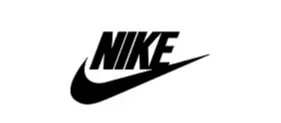
Nike’s SNKRS app is one of the top examples of D2C commerce app development. The top global athletic footwear and apparel brand seller earns 30% of total revenue from its app.
Warby Parker

Warby Parker, a global eyewear brand, has set the milestones as a D2C eCommerce enterprise that sells prescription eyewear at affordable prices, and its app offers virtual try-ons and personalized experiences that have broken the monopoly in the eyewear market.
HealthKart

Healthkart is a direct-to-consumer(D2C) brand specializing in fitness products and preventive medical solutions. Identifying the problem of fake healthcare products, the company launched its D2C eCommerce platform and is now generating good revenue via selling authentic products.
LG
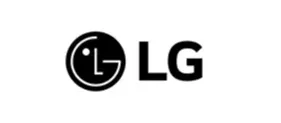
One of the top electronic manufacturers, LG aka. Lucky Goldstar, has the credit for revolutionizing the D2C electronic eCommerce market. Through their online brand store, they sell the major electronic items, setting examples for other electronics brands.
The Final Thoughts
Ecommerce is on the rise, and most of the customers prefer online shopping for their needs. Although there are multiple eCommerce models that exist, the D2C eCommerce model offers a fresh perspective.This can deliver exceptional advantages to your business. Investment in D2C eCommerce app development is worthwhile in terms of revenue, business growth, and competitive advantages. While developing a direct-to-consumer platform app, you need to take care of things such as security, seamless user experience, and customer satisfaction.
Being a trusted eCommerce development company, we can help you to develop a D2C eCommerce mobile app, website, and platform covering all your needs. With us, you can hire dedicated eCommerce developers at your convenience. Share your requirements with us and get a D2C eCommerce app for your business today!




























